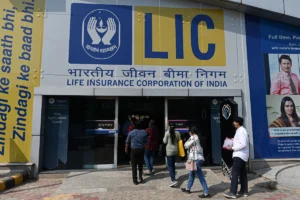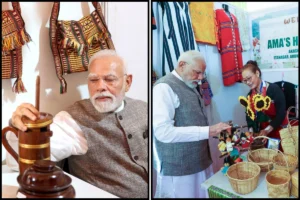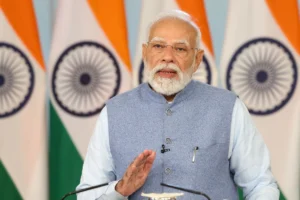
RBI Questions Individuals in Queue Exchanging ₹2,000 Notes After Last Date
The Economic Offence Wing (EOW) of the Odisha Police conducted an investigation at the Reserve Bank of India (RBI) counter in response to media reports suggesting that some individuals were exchanging ₹2,000 currency notes as agents on a wage basis. These individuals were allegedly receiving ₹300 as wages for exchanging ₹20,000 at the RBI counter.
The EOW team verified the Aadhaar cards of the people standing in the queue to exchange ₹2,000 currency notes and inquired about their occupation to determine if they were acting as agents for others.
Also Read: Slow Progress in INDIA Alliance as Congress Focuses on State Polls,” Says Nitish Kumar
One EOW official expressed skepticism regarding the fact that many people in the queue held exactly 10 pieces of ₹2,000 currency notes, which raised suspicions about the authenticity of these individuals or whether they were engaged by someone else to exchange money on their behalf.
In addition to questioning those in the queue, EOW officials reviewed the CCTV footage from the RBI, which captures images of people waiting in line.
Also Read: October witnesses highest unemployment rate in India over last 2 years
RBI Regional Director SP Mohanty stated that no EOW official had met him, but he was willing to cooperate with any investigating agency seeking clarification. He also mentioned that people have the option to deposit ₹2,000 notes in their bank accounts instead of standing in line at the counter.
An official shared that the RBI receives ₹2 crore worth of ₹2,000 notes daily, with approximately 95% of them being exchanged and only 5% being deposited in bank accounts.
To read more such news, download Bharat Express news apps




















